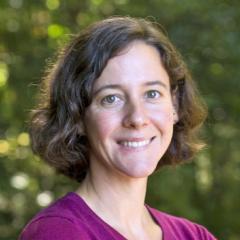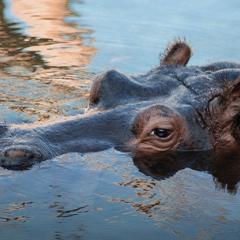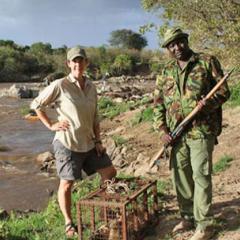About Amanda's Work
Amanda was a doctoral student at Yale University in the Department of Ecology and Evolutionary Biology. She studied the impacts of large wildlife on water quality in the Mara River, Kenya/Tanzania, and how these impacts interact with water flow levels that are increasingly affected by climate change, land use change and human extraction. She worked with the World Wildlife Fund to explore innovative ways of sharing her research findings with stakeholders and the public. This research combined both her interest in the role of large wildlife in connecting landscapes and ecosystems through movements of resources, and her passion for river management and conservation. From 2008-10, Amanda worked for Florida International University and the Global Water for Sustainability Consortium as a Research Coordinator in the Mara River Basin, working with regional and international scientists and water resource managers on an Environmental Flow Assessment to determine minimum sustainable flow levels in the river and to incorporate these recommendations into water resources planning. In this position, she also assisted graduate students and researchers working in the Mara in incorporating the needs of resource managers and conservation groups in the region into their research. Amanda received her Bachelor’s degree in Biology from Vanderbilt University, where she conducted research on marine-terrestrial energy fluxes on desert islands in Mexico. After graduating, she spent five years working as a wildlife biologist studying a wide range of animals, including foxes, lynx, and rattlesnakes, in systems from the Montana mountains to the southeastern coastal plain. She received her Master’s in Wildlife and Fisheries Sciences from Texas A&M University, where she conducted her research at the Jones Ecological Research Center on the role of alligator movement patterns in connecting seasonal wetlands to stream systems, and the implications of this functional connectivity for the legal protection of seasonal wetlands. These experiences formed the basis for her current research interests, and her commitment to incorporating current environmental challenges into her research, while translating her research findings for incorporation into management and policy decisions.


